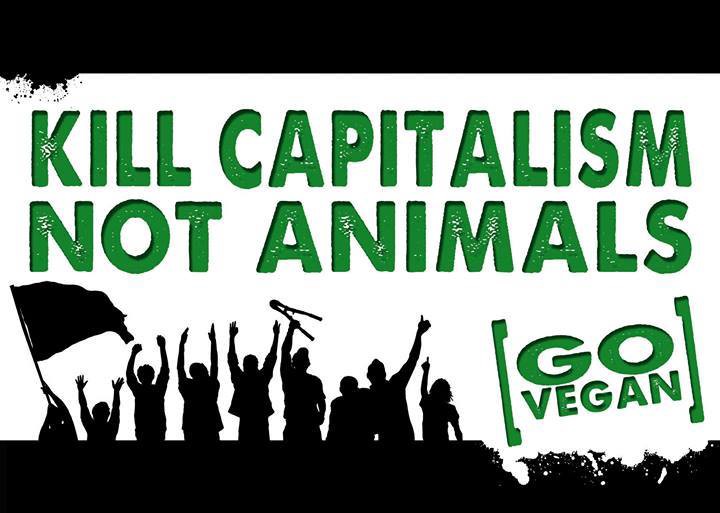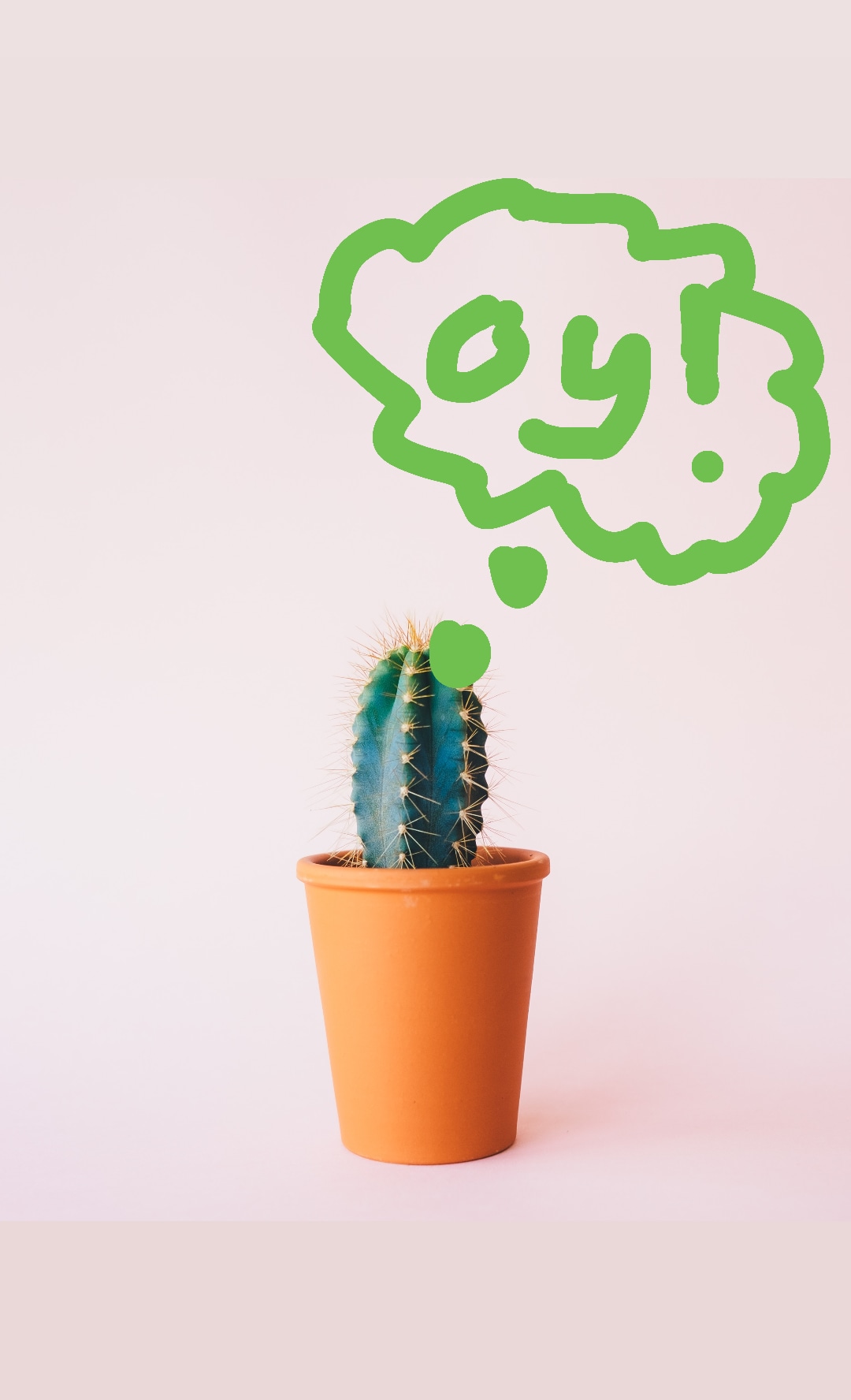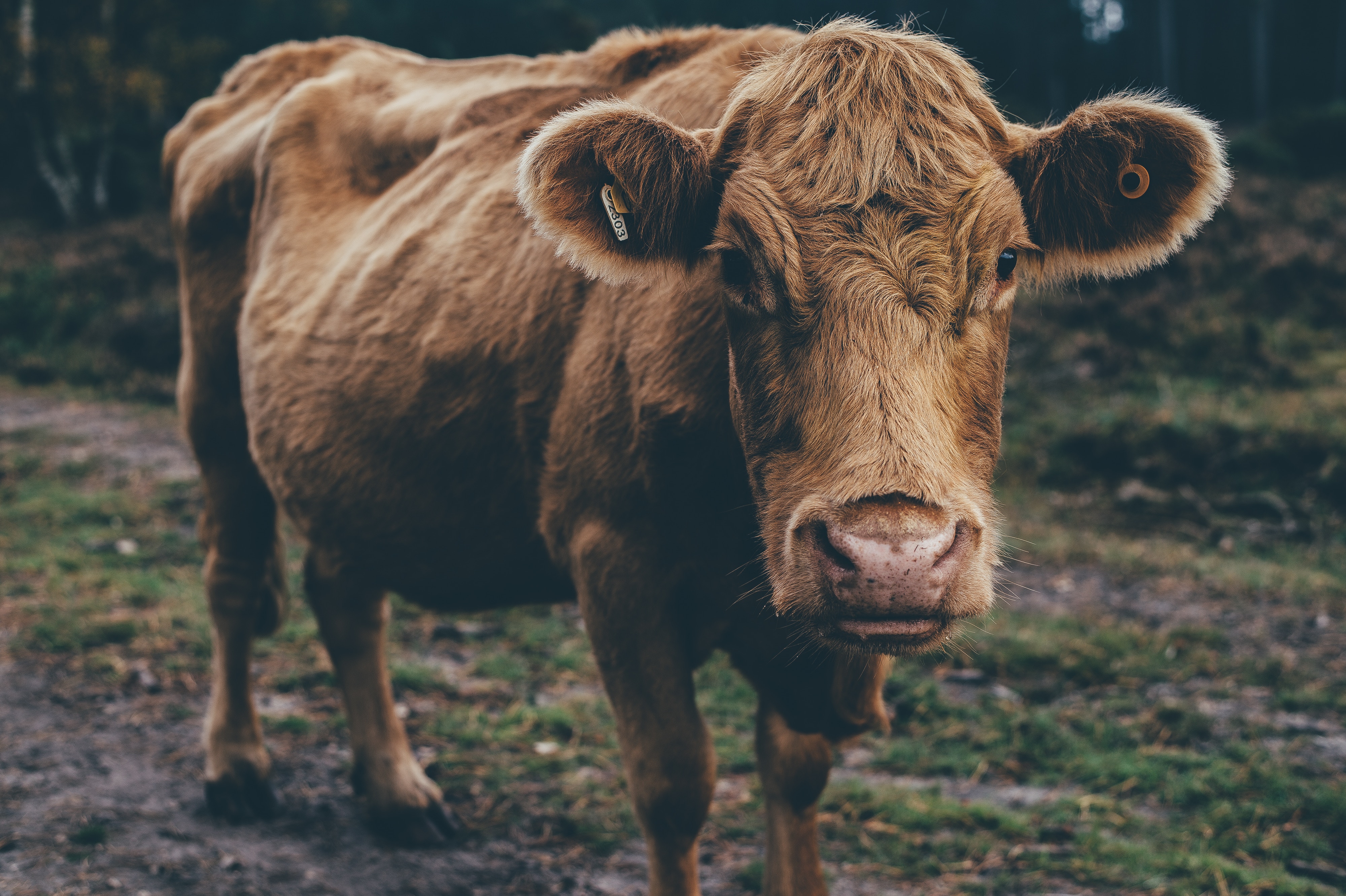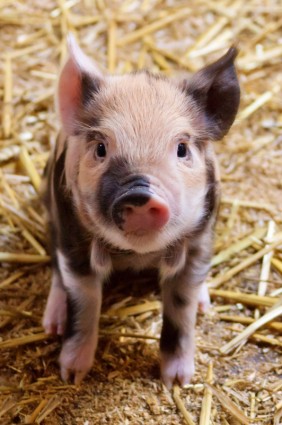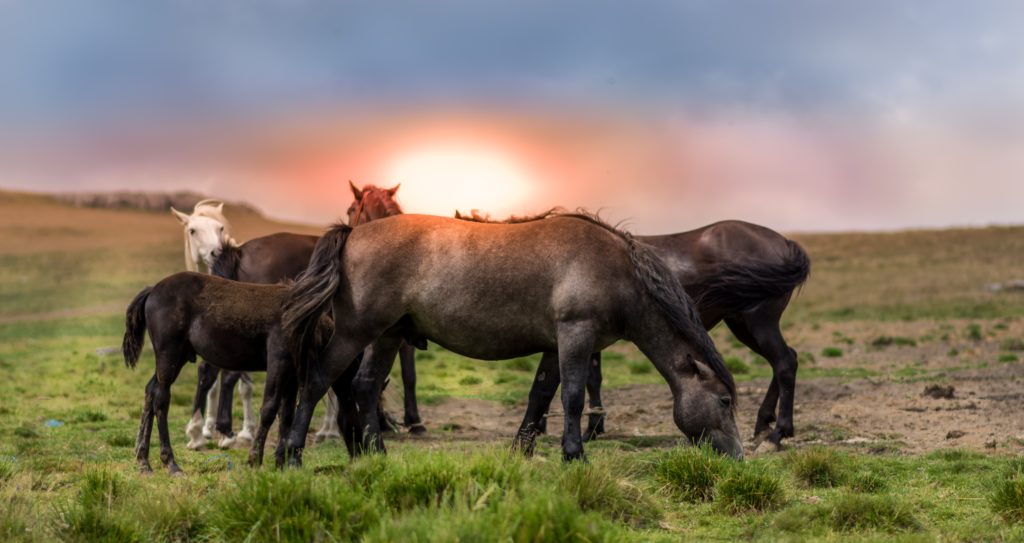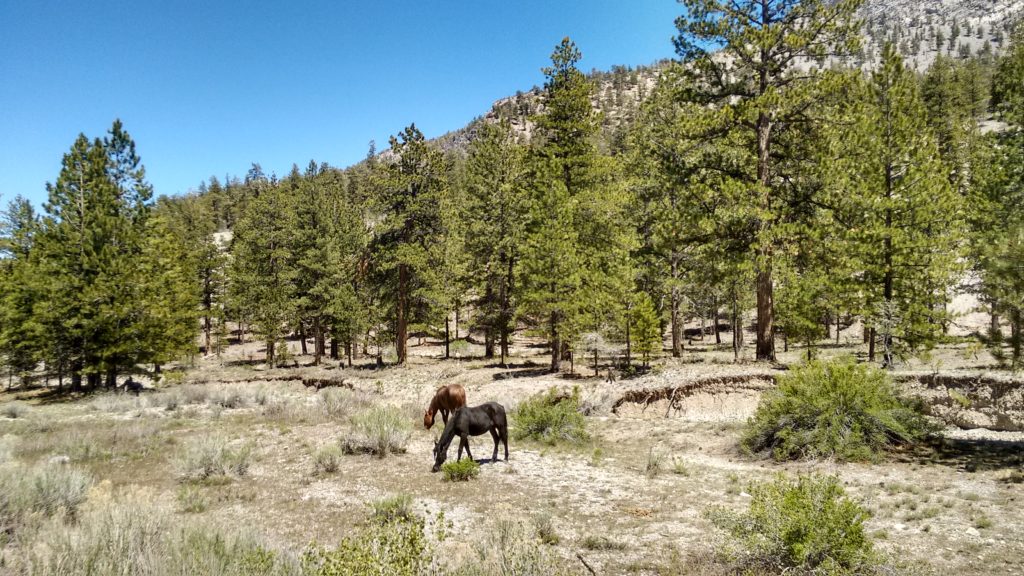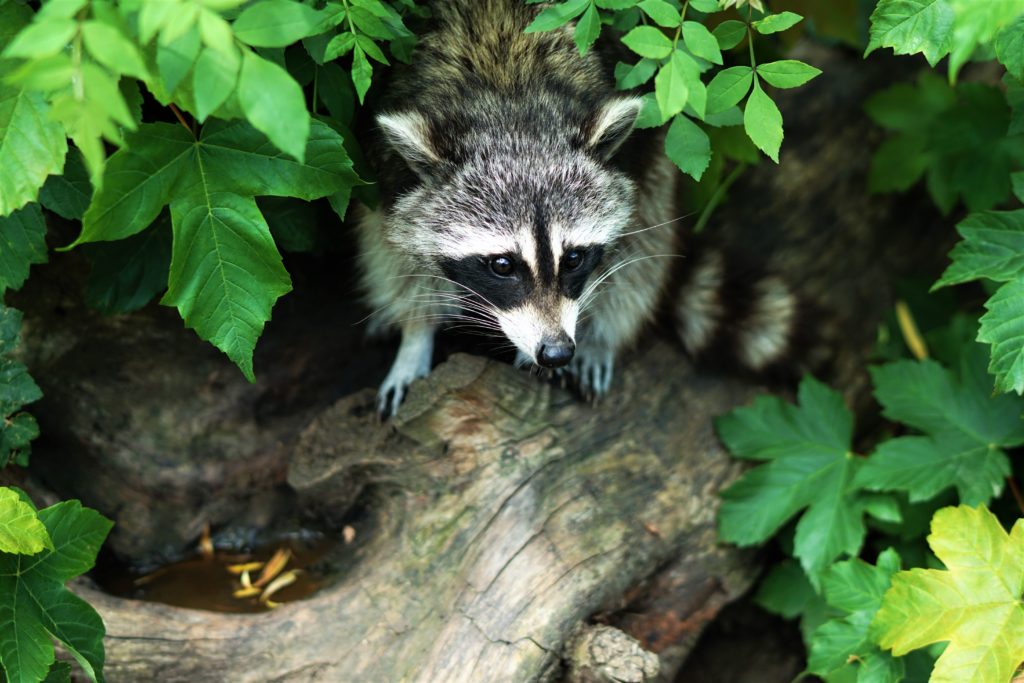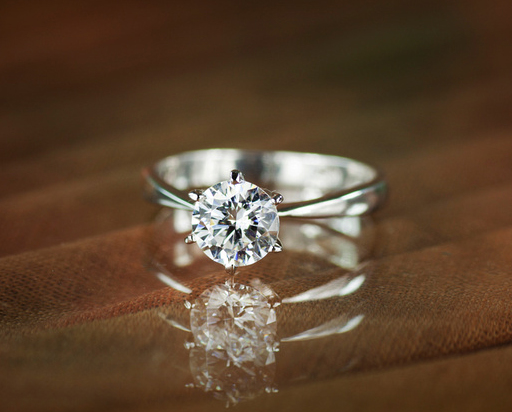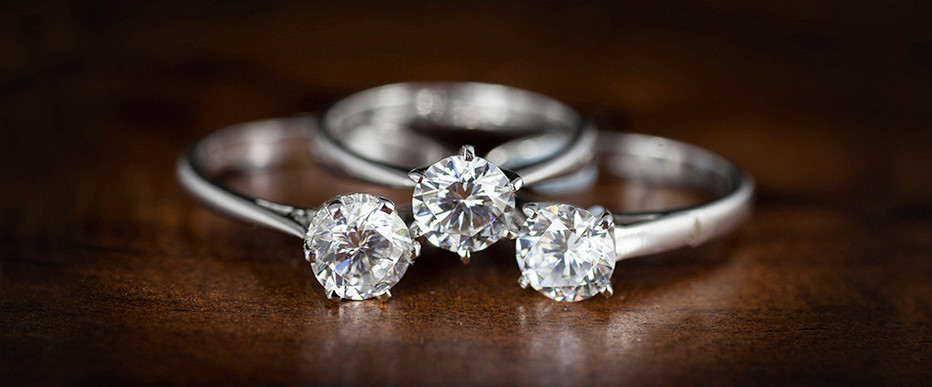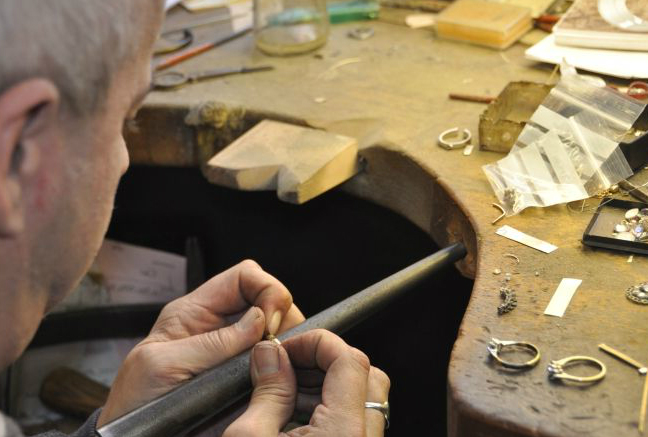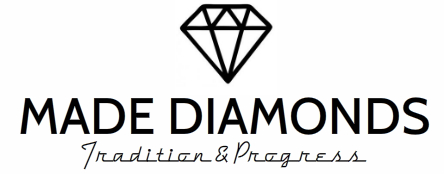
I feel like I’ve been called to write this post 😀
In the last 3 days, on 3 separate occasions (one in print and twice in TV interviews), I’ve heard non-vegans using ‘…but palm oil’ either to denigrate a vegan product, or just generally throw it at vegans with the implication that vegans are hypocritical for using palm oil, when palm oil contributes to deforestation and loss of orang-utan life.
Firstly, we have to acknowledge that palm oil production IS a problem and does cause deforestation and the deaths of the animals of the forest, among them orang-utans. Obviously this is not desirable and nobody would deny that it behoves us all, especially vegans who are mindful of the well-being of all animals, to either make our best attempts to avoid it, or to source products that contain palm oil from an ethical, sustainable supplier.
There are several elements to this.
What non-vegans that throw ‘but palm oil’ in our faces, forget (or just choose to ignore), is the following.
- 26 million rainforest acres have been cleared for palm oil production*
- 136 million rainforest acres have been cleared for animal agriculture
Perspective right there! And:
- The leading causes of rainforest destruction are livestock and feedcrops
These are just the stats on rainforest destruction; I haven’t even got the space or time to talk about how much more animal agriculture destroys the rest of the environment than does palm oil.
I feel we can all agree that animal agriculture is responsible for far more animal deaths than palm oil production?
- 70 billion farmed animals are reared annually worldwide. More than 6 billion animals are killed for food every hour
I totally agree orang-utans are cute AF, but it is not a worse crime to needlessly kill them than it is cows or pigs. All have the same capacity to suffer.
And another fun fact, just to illustrate how ridiculous the ‘but palm oil’ argument is:
- 82% of starving children live in countries where food is fed to animals, and the animals are eaten by western countries
Bottom line; animal agriculture will always be more destructive in terms of environmental damage and animal cruelty and killing than will the palm oil industry.
The other line of ‘reasoning’ the ‘but palm oil’ crowd seem to have is that we, as vegans, are not as damn well perfect as we think we are because we consume products that contain palm oil, so we are hypocrites, and may as well not be vegan.
To this I say:
Many vegans DO avoid palm oil, I know of a couple personally.
Also, as vegans, we are not trying to be perfect, we never were. This is a projection that non-vegans impose on us – I dare say fuelled by a defensiveness they have about not being vegan when on some level they are aware it would be the right thing to do. It’s impossible to be a ‘perfect’ vegan in any case. We can go for a walk and trample bugs underfoot. We use cars that have tires made with animal products; we take planes that use aviation fuel containing animal products. In terms of the environment, we all drain the resources of the planet in some way every day, just by living. All we vegans are trying to do, as far as is practical and practicable, is limit unnecessary cruelty to animals and minimise environmental ruin. The best way to do this to have maximum impact will always be to go vegan. If we make the conscientious decision to avoid palm oil too, well great! And I hope more people do. I need to make greater effort in this direction myself. But we are no less vegan if we don’t, and we are still having the most impactful positive effect on the planet and animals than a non-vegan who just avoids palm oil.
*All stats from the Cowspiracy Facts page

